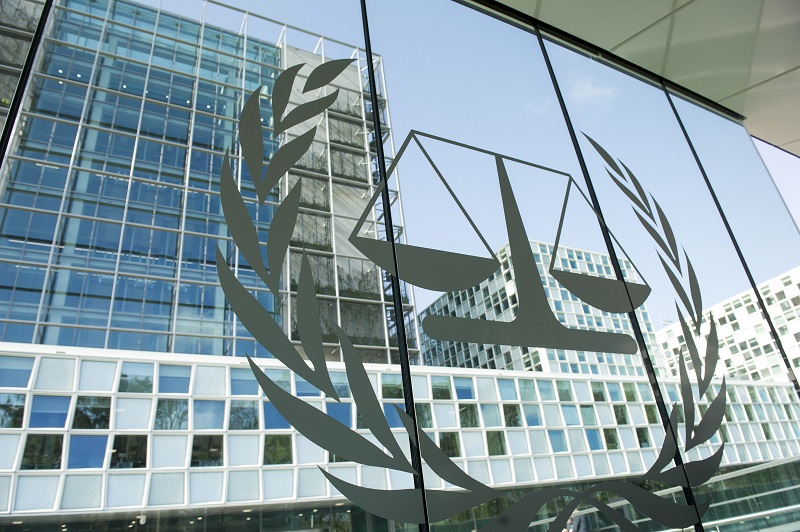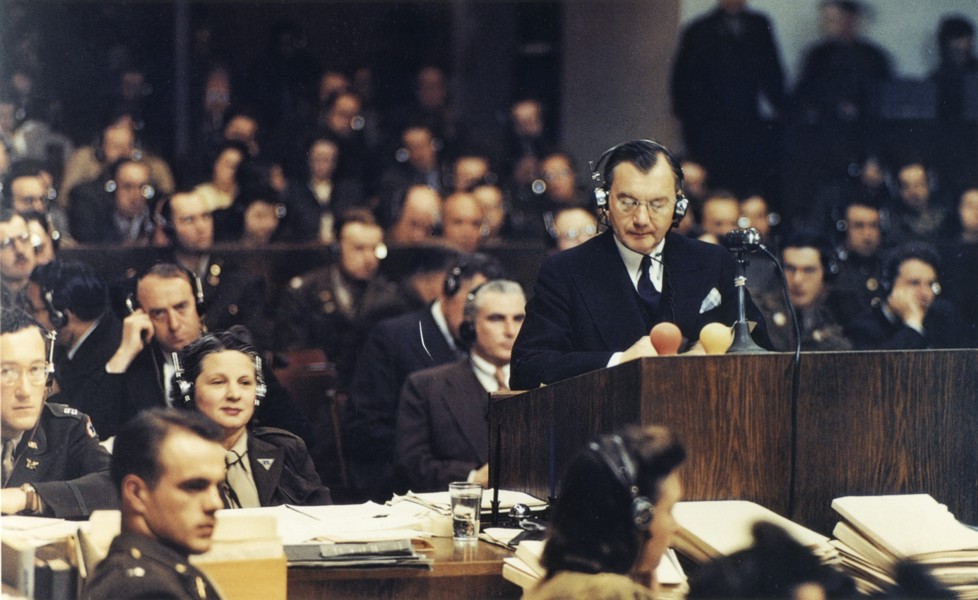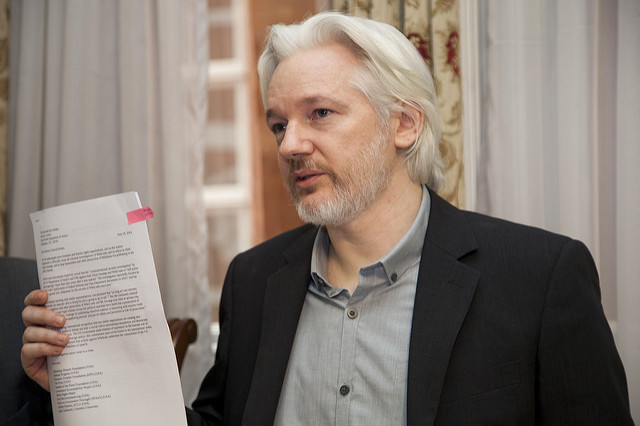Read Part I here.
Challenges in upholding Rules of War
Enforcement measures and accountability are among the most challenging factors behind upholding the rules of war and International Humanitarian Law (IHL). Additional factors such as lack of cooperation between combatants, increased complexity of armed conflicts, weakened security forces, displaced personnel, political turmoil, exploited and socially marginalized groups all play a significant role in the ability or inability of states to regulate, manage and uphold the rules of war.
It is important to note that there is no dedicated military force responsible for upholding the rules of war. It is first and foremost an obligation of states through national legal systems and diplomatic resolution mechanisms. The United Nations and NATO can take measures to enforce IHL, however, there is not one specific enforcement mechanism to ensure IHL is being upheld and violators held accountable. So what is Canada’s role in combatting illegal war tactics?
Canada’s role in combatting illegal war tactics
Canada stands firmly behind the principles of IHL and forbids the use of collective punishment including all methods of torture. Canada shares a strong commitment to international policing and peacekeeping and in stabilizing weak and fragile states primarily through the Peace and Stabilization Operations Program (PSOPs).
In June 2016, NATO Secretary Jens Stoltenberg welcomed the President of the International Committee of the Red Cross (ICRC) to NATO Headquarters to discuss developments regarding cooperation and in the dialogue on humanitarian issues between NATO and the ICRC. In December 2015, NATO had pledged to strengthen training on IHL at the 32nd International Conference of the Red Cross and Red Crescent societies.
NATO’s pledge to the ICRC not only demonstrated NATO’s support for the principles of IHL, but also included a commitment to the international community to promote IHL in an era where armed conflicts have become extremely complex. In addressing armed conflicts, NATO spoke about protecting civilians through the Alliance’s military doctrine, developing education, training, planning and exercises, as well as strengthening the conduct of operations.
While Canada is a leading nation in international peacekeeping and in upholding universal human rights, there are grey areas in Canadian history where combatting illegal torture and upholding IHL was not achieved. The denial of the Afghan torture scandal during Canada’s mission in Afghanistan remains a dark area in Canadian history. Human rights advocates, legal experts, politicians and diplomats called for an official inquiry into the case involving the transfer of Afghan detainees from the Canadian military to Afghan authorities despite “clear and credible risks of torture.” On June 2016, Minister of Defence Harjit Sajjan responded to the inquiry by reaffirming that individuals detained by the Canadian Armed Forces (CAF) were treated humanely and in accordance with IHL.
A non-state actors’ affair
Non-state actors such as terrorists, insurgent groups and hostage takers clearly perpetrating war crimes present an extremely challenging framework for state actors to hold perpetrators of IHL accountable. Contributing factors such as: political instability, religious or ethnic conflicts, weak national security forces, as well as, cross-border security, international security, illegal immigration, gender violence, cybercrime, arms trafficking, recruitment mechanisms and corruption within existing military and political frameworks significantly increase the proliferation of non-state war crimes.
Perhaps the most pressing issue currently facing the international community relates to the rapid proliferation of what has been referred to as “radical Islamism” or ISISL. War crimes that are committed by such terrorist or rebel groups are extremely difficult to address without compromising the safety of neighbouring states and innocent civilians. War crimes committed by terrorist and insurgent groups identified as grave breaches of the Geneva Conventions are punishable by the International Criminal Court (ICC). Ensuring all violators of IHL are held accountable and all perpetrators brought to trail remains extremely challenging due to the highly complex networks that exists within terrorist and insurgent groups.
On the other hand, there are also beneficial non-state actors. While states remain the most critical actors in international relations, it is important to discuss the increasing influence such non-state actors can exert. They have incredible political, social and economic power capable of greatly influencing the actions and decisions of states and governmental administrations. Non-state actors include a wide variety of intergovernmental organizations (IGOs), non-governmental organizations (NGOs), transnational corporations (TNCs), multinational corporations (MNCs) and numerous grass roots organizations, many of which are registered non-governmental organizations.
Such organizations can have effective peacebuilding strategies capable of promoting and maintaining international peace, security and cooperation, as well as, promoting, upholding and advocating universal human rights. Organizations such as Amnesty International for example, or advocacy based organizations seek to generate the political will necessary to address ongoing human rights violations. Specifically regarding the use of torture towards prisoners of war, Amnesty International seeks to address this issue utilizing various activism strategies.
Conclusive Remarks
In times of war and armed conflict, it can be difficult for states to consider and reinforce the rules of war and IHL. However, it is imperative that states uphold and reinforce the rules of war to maintain the life, dignity and inherent human rights of all those directly and indirectly affected by armed conflicts. Conflict, in a world that has become extremely inter-connected presents additional challenges in ensuring IHL is upheld. The Peace and Stabilization Program enables Canada to work with the international community to promote peace, security and stability. PSOPs in addition to humanitarian assistance help to address the inevitable violence generated by war and armed conflicts. Upholding IHL is ultimately a global responsibility shared by all states. But how or in what ways are global actors to be held accountable to this? It is imperative that stricter and more clearly outlined protocols be developed regarding holding violators of IHL accountable. This is necessary in order to prevent the recurrence of brutal genocides, ethnic massacres, and all forms of direct and deliberate attacks towards innocent civilians and personnel.
Photo: Permanent Premises of the International Criminal Court (2016), by United Nations Photo via Flickr. Licensed under CC BY-NC-ND 2.0.
Disclaimer: Any views or opinions expressed in articles are solely those of the authors and do not necessarily represent the views of the NATO Association of Canada.




